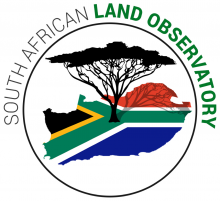Resource information
The extent of land dispossession of the indigenous population in South Africa, by Dutch and British settlers, was greater than any other country in Africa, and persisted for an exceptionally long time. European settlement began around the Cape of Good Hope in the 1650s and progressed northwards and eastwards over a period of three hundred years. By the twentieth century, most of the county, including most of the best agricultural land, was reserved for the minority white settler population, with the African majority confined to just 13% of the territory, the ‘native reserves’, later known as African Homelands or Bantustans (Thomson 1995: 109). Demands for racial equality were violently resisted by the white-minority government up to 1990, with the result that South Africa made the transition to democratic, non-racial government only in 1994



